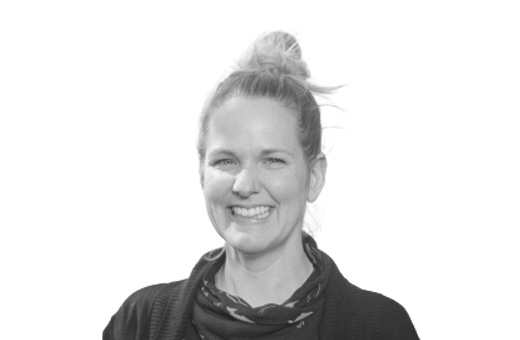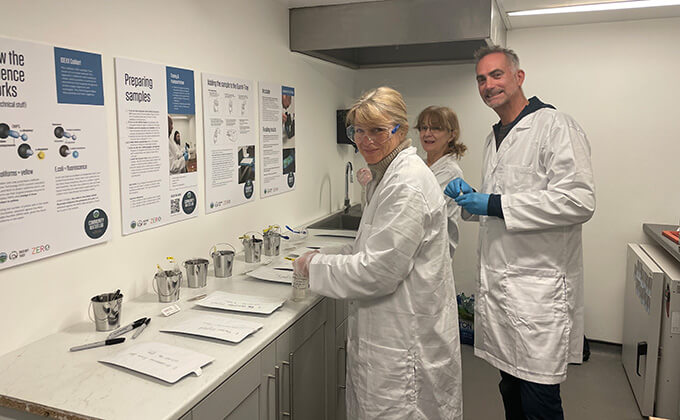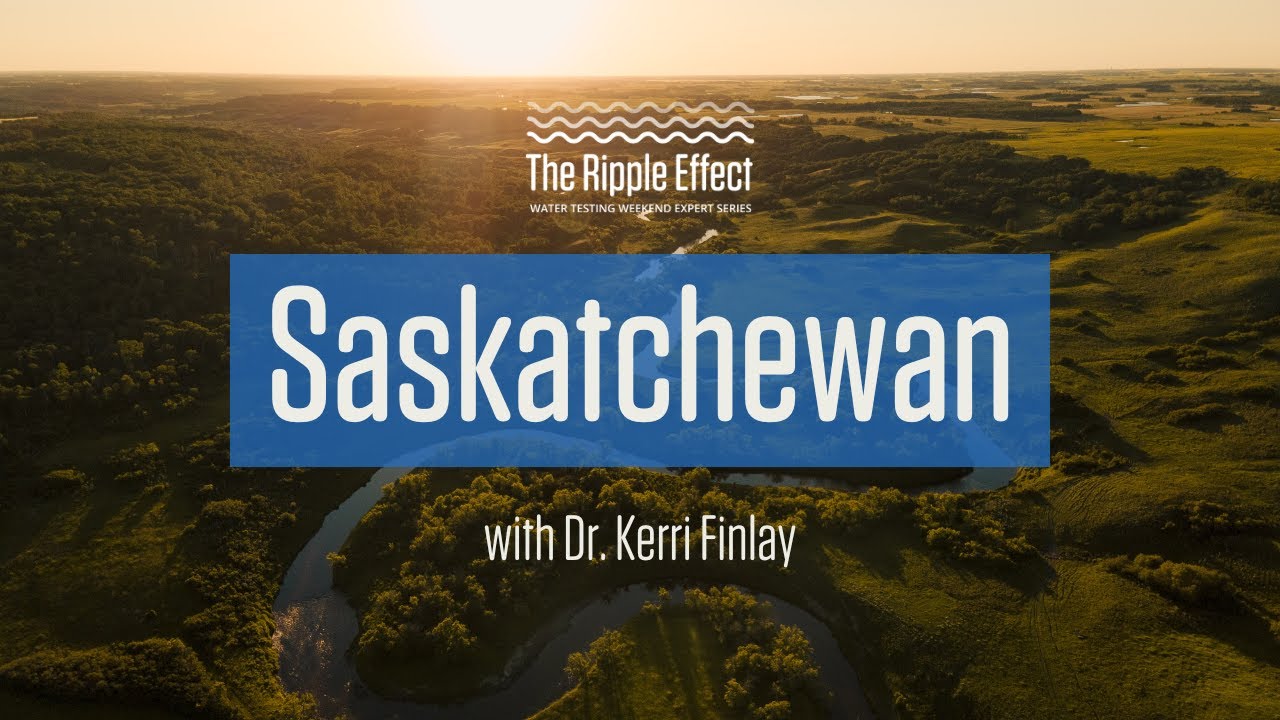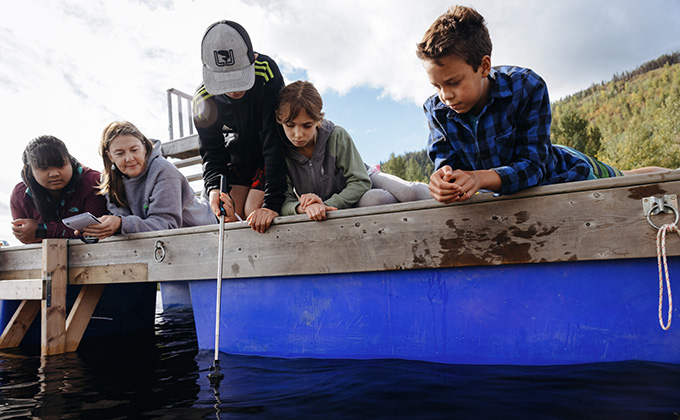Kat Kavanagh
Water Rangers
Val-des-Monts, QC

Sector Impact
Environment & Sustainability
BUILDING A WORLD WHERE EVERYONE’S A WATER STEWARD
The Challenge: Our water systems are in crisis. In Canada and worldwide, waterbodies are threatened by climate change, pollution, overuse, habitat loss, and invasive species. To address threats to our water, we need good data. But the sheer number of waterbodies in Canada makes that data collection daunting: nearly 60% of Canadian subwatersheds lack the information we need to track their health.

The Solution: Kat Kavanagh’s Water Rangers equips communities with affordable, accessible, and user-friendly tools to monitor local water quality and share their data. Water Rangers is democratizing water protection, building community agency over local waterbodies, and strengthening capacity for evidence-based decision-making and solutions for the health of our water.
One test at a time: Water Rangers crowdsources water-quality data
“Canada has lots of water, and very few people to monitor the health of that water,” says Kat Kavanagh. In fact, she points out, we don’t have basic health data for more than 60% of this country’s rivers, lakes, and streams. “And if we don’t have the data to understand the quality of our water, we can’t make evidence-based decisions about how to best care for it, or to know if things are getting better or worse.”
Kat created Water Rangers in 2015 for precisely these reasons. The organization addresses Canada’s water-information data gap by creating and distributing water-testing kits to individuals and communities, giving them the tools to test and monitor local bodies of water and — crucially — manage and share that data on an open-source platform that anyone can access.
“A lot of people feel helpless in terms of the decisions being made about their waterbodies, and stuck about what they can do to help,” says Kat. Water Rangers empowers the public to take direct, meaningful steps that contribute to the health of local water. In the process, they’re building new generations of community scientists inspired to act as water stewards.
The strategy is working: more than 80% of Water Rangers testers report that since becoming involved with the organization, they have spent more time in nature, taught others how to test water, and spoken to others about environmental protection. In partnerships with more than 200 academic, government, First Nations, Inuit, and Metis, and other community groups, Water Rangers has reached more than 25,000 people, bringing the public into spaces previously reserved for scientists and government. The organization partners with school boards and educators to integrate water monitoring into STEM learning in school boards across Canada.
Kat’s background as a user-experience designer is a driving force in the organization’s success: Water Rangers tools are attractive, easy to use, and affordable, and she’s constantly tweaking and improving them based on user input. The tests offer immediate feedback, so users can interpret the results on the spot and understand their implications.
Water Rangers’ expertise and approach is increasingly recognized: they continue to partner with universities and governments at all levels on water issues and are taking over national assessment of Canada’s watersheds via the World Wildlife Fund’s Watershed Reports for Canada.
“We imagine a world where every community has the tools to take care of the waterbodies important to them,” she says. “Every lake, river, or stream should have enough data to know whether it’s healthy.”


